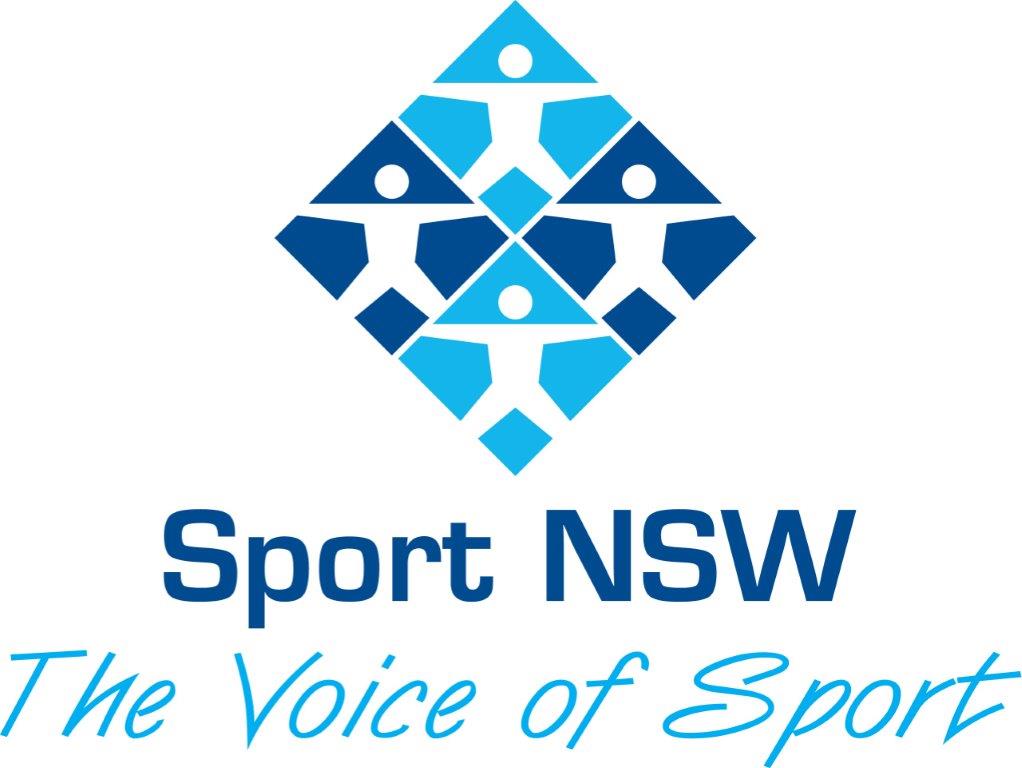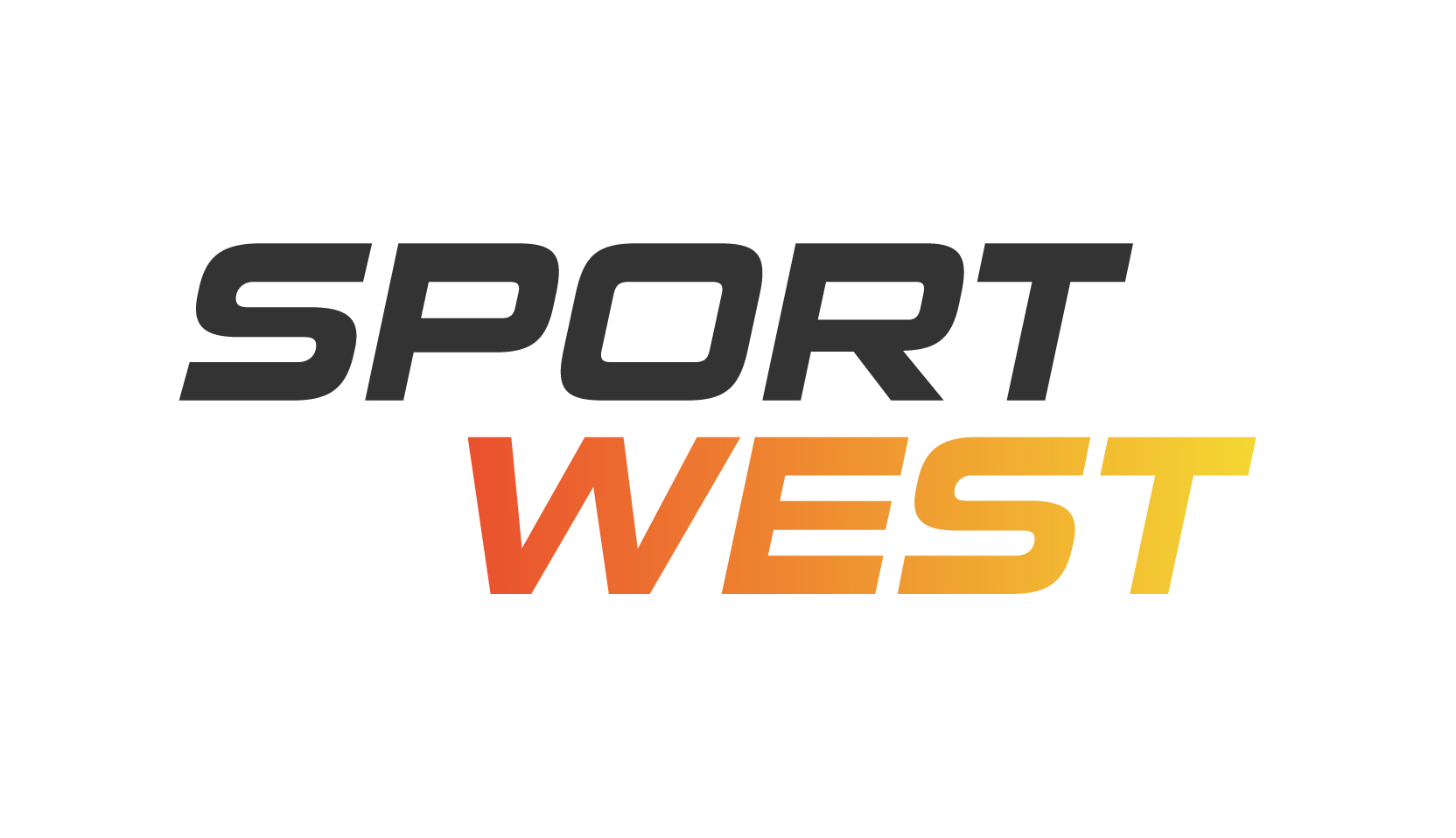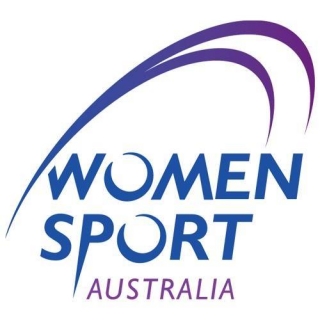With so much change over the past 3 weeks, my brain hurts thinking how quickly COVID19 impacted on the wider economy generally and the sport sector specifically. I’ve been asked a lot of questions about my view on the shape of the sport management sector post COVID19. The short answer is, like others, I really don’t know as it seems to depend on the duration of the shutdowns and the individual circumstances of each sport organisation.
But what I do know is the collective optimism will get us all through this and, by way of comparison against other countries on the WHO map, we should take pride in the fact our red dot is smaller and our curve is flatter. We are all doing our bit although I find social distancing hard to uphold when people insist on invading my 1.5metres personsphere.
It is important to acknowledge for many of our friends, family and colleagues, particularly those who may have lost their job or had a reduction in their income, these times remain tough. But as a nation we have quickly adapted to the new normal and my sense is many of these changes will lasting and well beyond a COVID19 recovery.
Here’s just a few that I think are a positive legacy of COVID19:
- People are communicating more. We’re having more frequent 1:1 discussions, talking longer and having deeper conversations. There is a greater tendency to pick up the phone and call rather than simply sending an email.
- Your To Do list is no longer as important as you thought it was. Really.
- Prior to March 2020, can you imagine your employer asking you to work at home indefinitely? Working from home can provide employees with greater autonomy over how they do their work, including the hours and conditions of their work, and how they manage their lives and other responsibilities. Lower numbers of centralised staff has an impact on required office space, services and facilities driving down operating costs. And yes it is a significant challenge for those with children at home, like my daughter and son-in-law with 4 children in situ, but when properly mastered the revolution is upon us.
- There’s a realisation that even the best of plans can never be the best of plans. Life is unfair. Learn to deal with it.
- Kind and caring. Feelings are being openly expressed and discussed and there’s an abundance of goodwill and heartfelt sentiment right now. Unless of course you’re one of those sociopaths recently returned from an Aspen skiing holiday and recklessly spreading your COVID19 droplets to hapless passersby; otherwise we’re generally looking out for others and doing what we can to help the mob.
- True leaders will shine, particularly those that lead by influence, not authority. In the sport sector not everyone will step up, but others will achieve unexpected things.
- Your parents always told you to put some money aside for a rainy day, but you never listened. You will now.
- The abundance of lateral thinking as people, businesses and organisations pivot to find new ways to engage customers, members and fans. The willingness to share and explore these new ideas in what is typically a conservative, risk adverse sector, can only be a good thing for future strategy.
- Fewer emails and pep talks about COVID19 and how to handle a crisis.
- When the time is right to build your teams, employers will have a wider range of choice, including having access to those candidates not available or looking for work 6 months ago.
- Job seekers have real time to think about the sort of job they want, how it fits within their lifestyle, goals and ambitions. There’s no excuse not to polish up your CV either; so if you’re not working but looking, make your CV your first job for now.
- Directors working shoulder to shoulder with paid staff, providing a unique opportunity to gain first hand understanding of what it is really like in the frontline of delivering sport services and activities. Despite the incessant blithering babble of some media, rarely is a sport administrator overpaid. This crisis will demonstrate the true worth of people working in this sector.
- Thinking about all the possibilities when the recovery comes, reshaping what we do and how we do it to make it better without always focussing on bigger.
Robert McMurtrie
Sportspeople Recruitment





